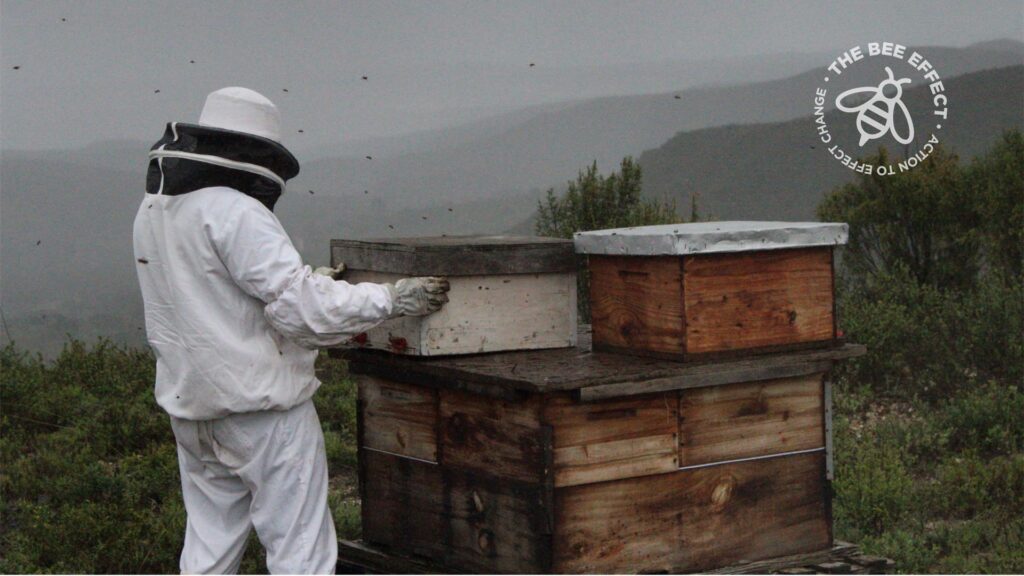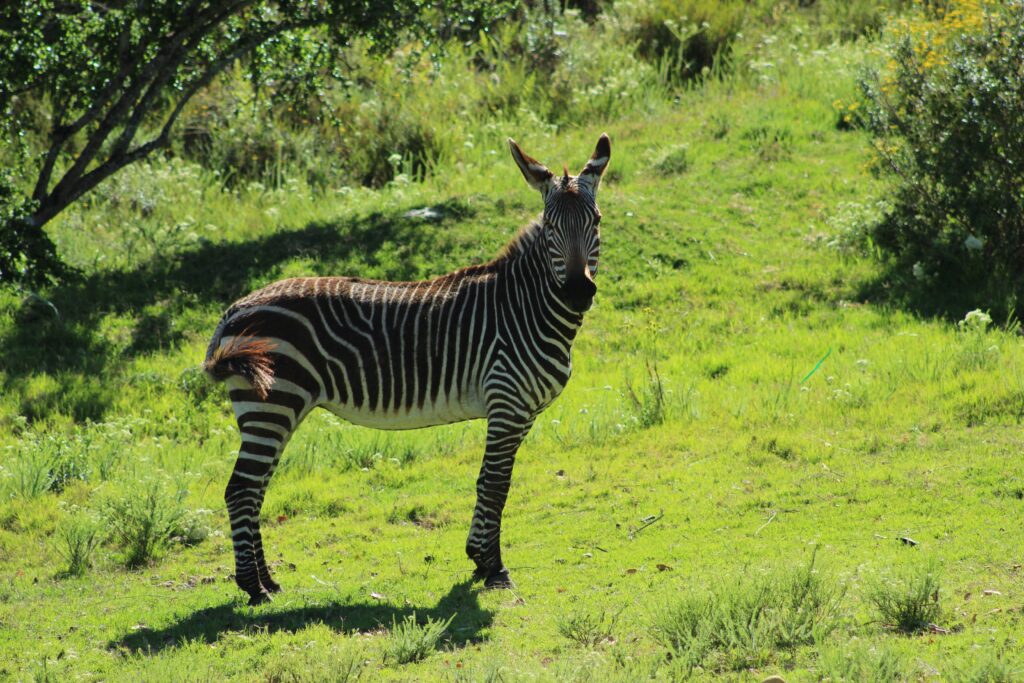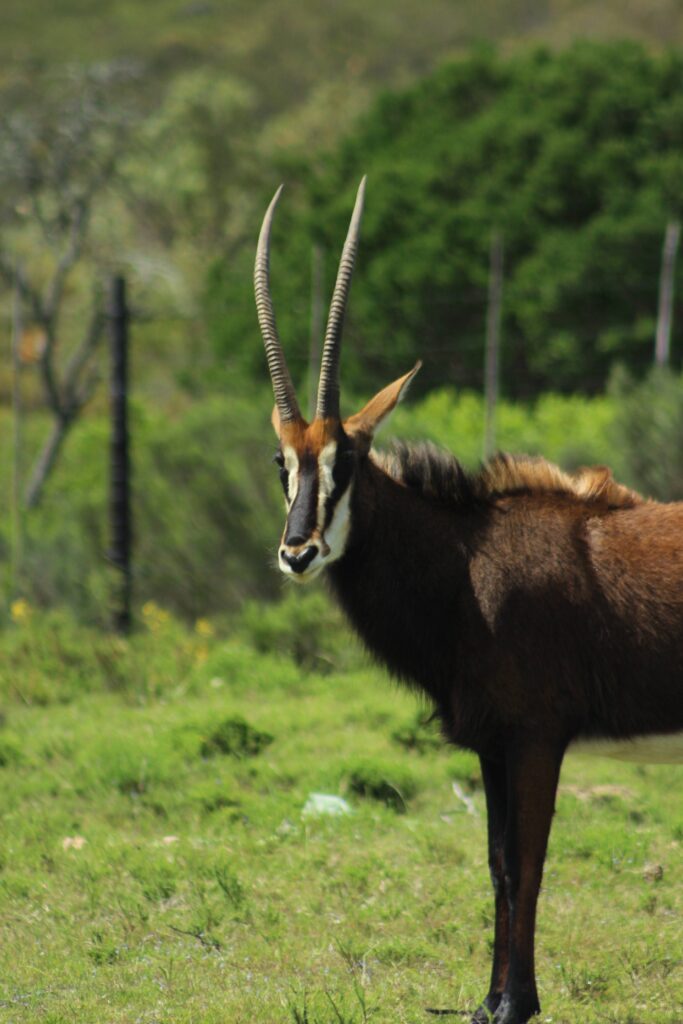Hive Work on the Ground
Located in South Africa’s Eastern Cape near the Gamtoos Valley, Pabala Nature Reserve is a Honey Bee Haven and official stop on The Bee Effect’s national Honey Route. The reserve plays a significant role in the intersection of pollinator conservation, biodiversity preservation, and sustainable tourism in one of the country’s rich floral regions.
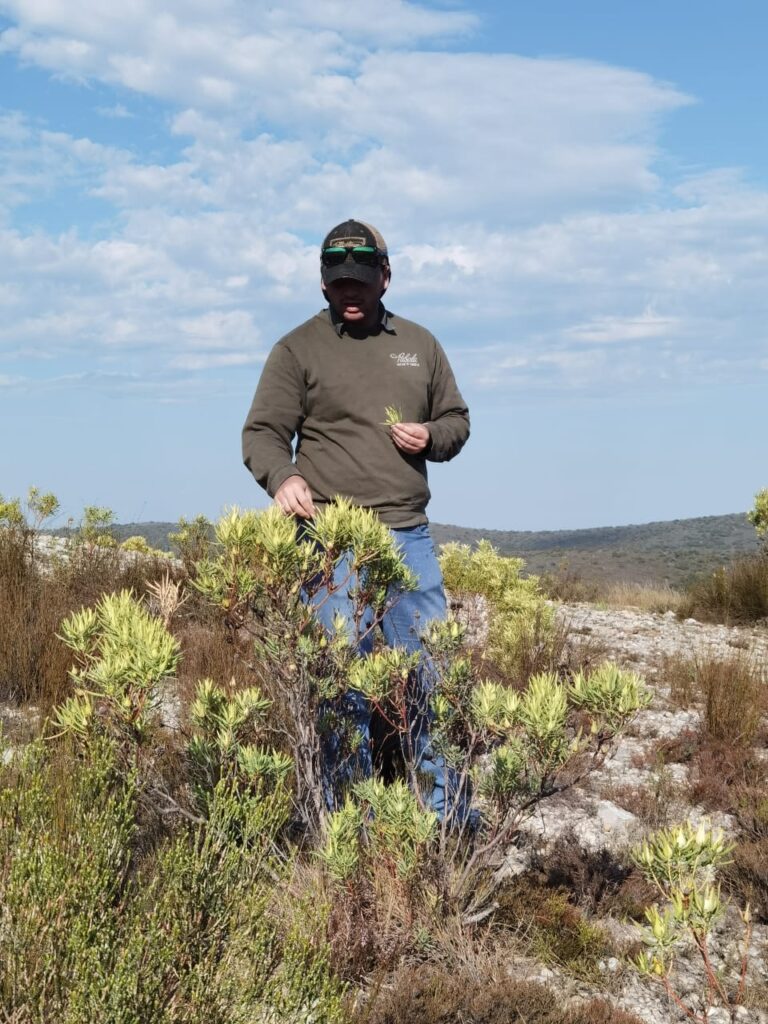
Reserve Owner, Beekeeper and Honey Master, Johan Cronje taking us through what the bees enjoy and what they can’t get into.
Although seasonal timing precluded participation in the reserve’s structured Honey Bee Experience during a recent site visit, the ecological integrity of the landscape was evident. Pabala’s terrain includes diverse vegetation types, notably Fynbos and Valley Thicket, which provide expansive and varied forage for pollinators.
49 Pollen Types and What They Reveal
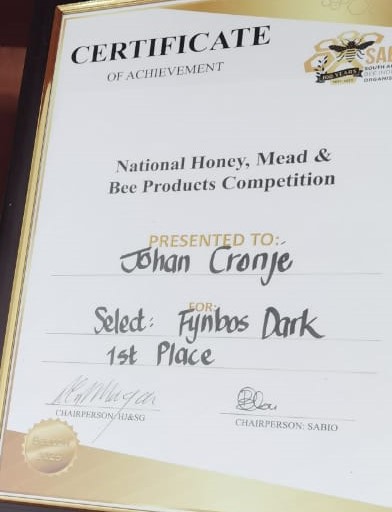
This biodiverse setting directly influences the quality and complexity of local honey. Recent analysis confirms that honey produced in this region can contain up to 49 distinct pollen types, a remarkable marker of both botanical diversity and environmental health. Multifloral honeys of this nature are not only valued for their flavour complexity but also reflect a resilient ecosystem with ample, continuous forage.
Supporting Bees and Beekeepers in the Eastern Cape
Pabala currently manages approximately 300 hives, supporting a healthy and active population of honey bees. In collaboration with neighbouring farms, the reserve integrates a hive expansion and honey buy-back model that engages rural workers and small-scale beekeepers in the immediate area. Participants receive support in hive maintenance and harvesting practices. Honey is purchased by the reserve or exchanged for new hive infrastructure. This creates a practical and localised approach to pollinator-linked income generation.
A CONSERVATION MODEL IN PRACTICE
As a Honey Bee Haven, Pabala adheres to land management principles aligned with The Bee Effect’s national conservation framework. This includes the maintenance of wild forage corridors, prioritisation of indigenous plant species, and minimal disturbance to existing habitats. The result is a refuge that sustains both wild and managed pollinators throughout their seasonal cycles.
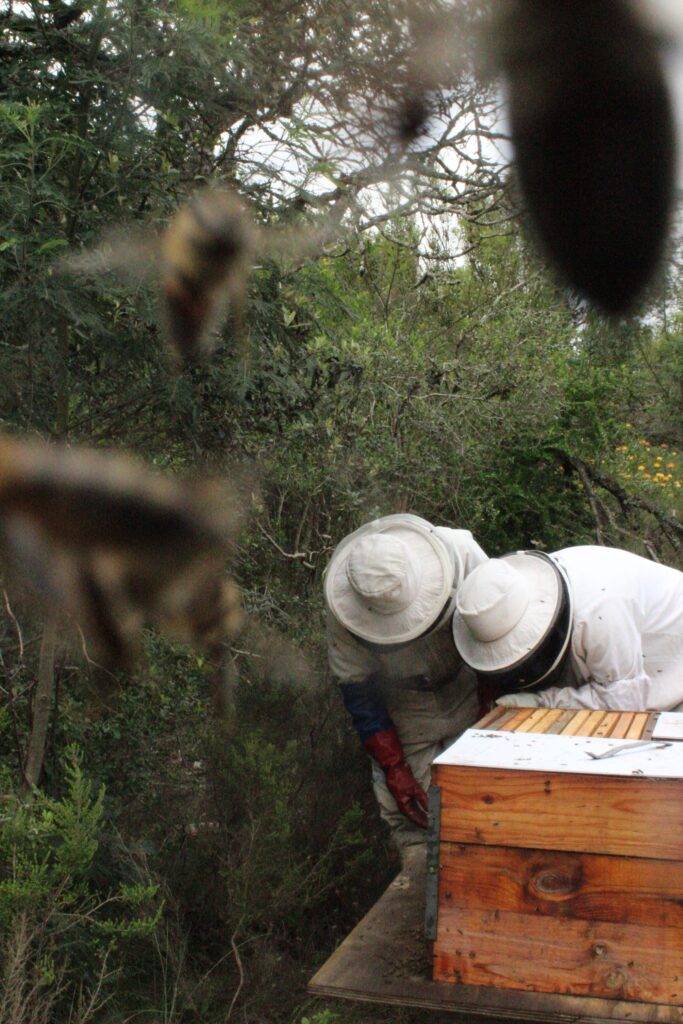
Safe Havens for Bees are projects where land is committed to honey bees.
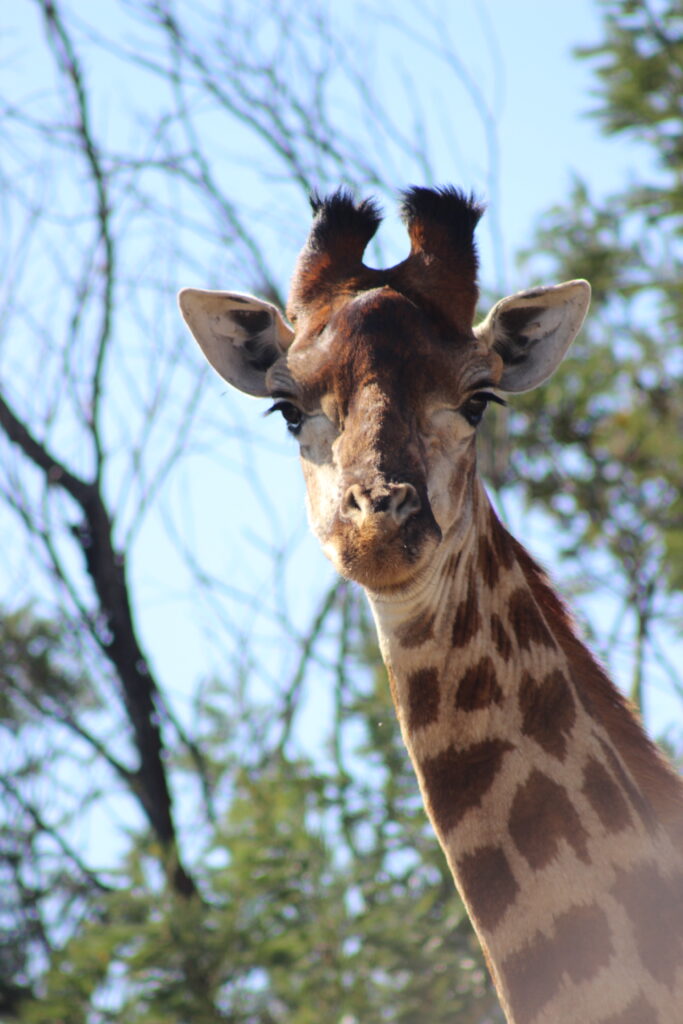
As a final note, Pabala Nature Reserve’s role as a Honey Bee Haven is part of a broader national network managed by The Bee Effect, which empowers landowners across South Africa to commit portions of their land as Safe Havens for honey bees.
More Than a Destination
These designated areas are managed without harmful pesticides, are protected from disturbance or vandalism, and are maintained to ensure consistent access to diverse forage through indigenous pollen and nectar sources. To date, a total of 7,620 hectares has been formally committed to the Haven Programme. This growing network supports long-term pollinator health and resilience while integrating conservation principles into working farms, reserves, and eco-tourism destinations.

